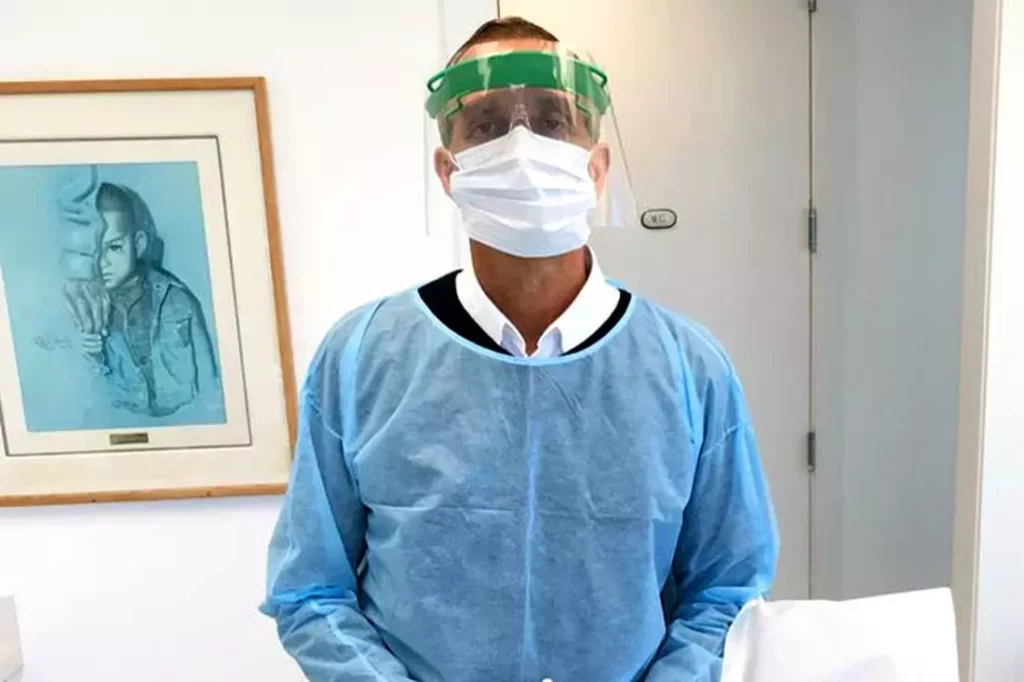Dental Emergencies May Involve Any Dental Problem That Needs Immediate Treatment To Stop Bleeding, Alleviate Severe Pain, Or Save A Tooth Is Considered An Emergency.
- Severe tooth pain, swelling and bleeding are signs of an emergency.
- Mouth bleeding – this is a potential sign of an emergency.
- Broken teeth trauma caused by an accident.
- Inflammation around wisdom teeth.
- An injury to the jaw.
Dental emergencies may involve any dental problem that needs immediate treatment to stop bleeding, alleviate severe pain, or save a tooth is considered an emergency. This consideration also applies to severe infections that can be life-threatening.If you have any of these symptoms, you may be experiencing a dental emergency. Call your dentist immediately and describe what happened. If your dentist’s office is not open, you may need to go to a hospital emergency room.
How to avoid dental emergencies?
The best way to prevent dental emergencies in the long run is to adopt a lifestyle oral hygiene routine and have regular check-ups with your dentist. During these visits, your dentist will check for loose fillings and crowns as well as signs of decay, infection, oral cancer screening, and gum disease. You should also give special attention to your whole body and mind by eating healthy, exercising regularly, sleeping well and meditating to help keep you healthy.
A custom treatment plan can be created to address these problems before they develop into an emergency.
First and foremost, the health and safety of our patients and the community is our main priority. At all times, we adhere to the highest level of precautions and protocols in our practice to prevent the spread of infection, including COVID-19. For more information about these infection control procedures, please visit the American Dental Association or CDC websites.
Sharp Dentistry & Associates welcomes emergency patients.
Call (305)857-0990. All others please stay home safe!

